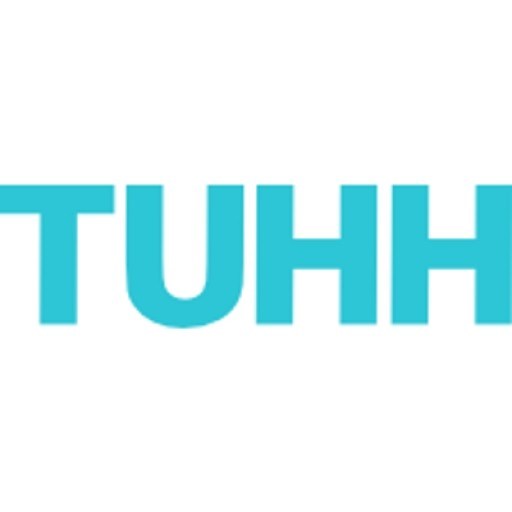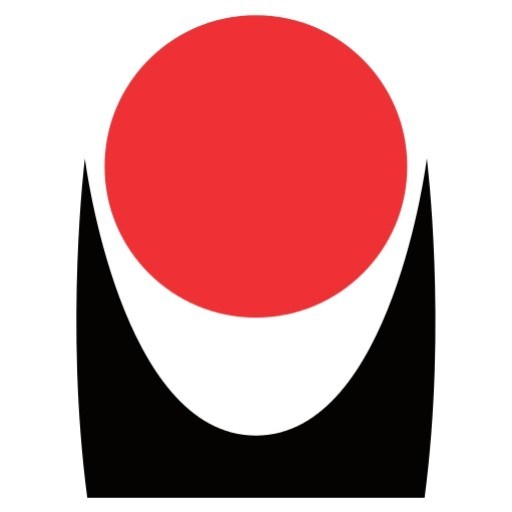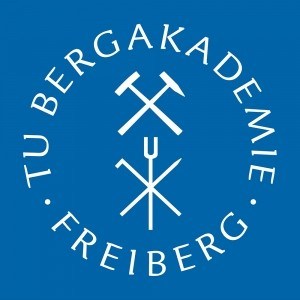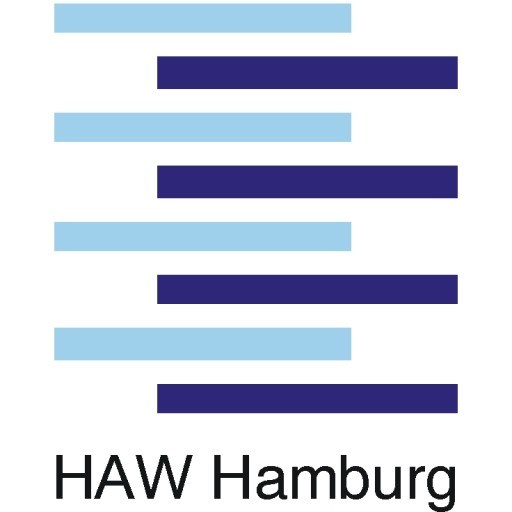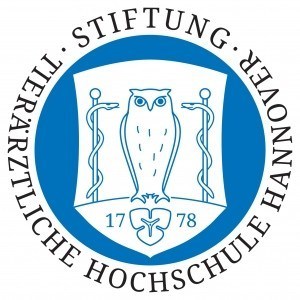Photos of university / #tu.muenchen
Environmental Engineering at the Technical University of Munich (TUM) is a cutting-edge interdisciplinary program designed to prepare students for tackling the pressing environmental challenges of our time. The program emphasizes the sustainable management of natural resources, the development of innovative solutions for pollution control, waste management, water treatment, and renewable energy technologies. It integrates fundamental engineering principles with ecological and environmental sciences to equip graduates with both theoretical knowledge and practical skills necessary for designing, implementing, and optimizing environmentally friendly systems. Students will gain a comprehensive understanding of environmental processes, environmental legislation, and the impact of engineering projects on ecosystems and society. The curriculum includes modules on environmental chemistry, fluid mechanics, soil mechanics, environmental technology, and environmental system analysis. Emphasis is placed on hands-on laboratory work, project-based learning, and internships to provide real-world experience. The program also fosters interdisciplinary collaboration, encouraging students to work on complex problems involving multiple scientific and engineering disciplines. Graduates of the Environmental Engineering program at TUM are well-prepared for careers in consulting firms, government agencies, research institutions, and industry sectors focused on sustainability, environmental protection, and resource management. They will have the skills to develop innovative, sustainable solutions that contribute positively to environmental conservation and quality of life. The program is aligned with current global trends toward sustainable development and climate change mitigation, ensuring that students are equipped to become leaders in environmental innovation and policy implementation. By the end of their studies, students will be capable of analyzing environmental issues critically, designing effective interventions, and contributing to the advancement of environmentally sound engineering practices worldwide.
Educational organisation
Students choose one out of four fields of study at the beginning of their first semester and thus define their specialisation profile. The fields of study are:1. Urban Environments and Transportation (course language: English)
2. Environmental Hazards and Resources Management (course language: English)
3. Environmental Quality and Renewable Energy (course language: English)
4. Energieeffizienz und Nachhaltigkeit von Gebäuden (course language: German)
Over a common block of "Cross Cutting Methods, Technologies and Fundamentals", students of all fields of study can receive general competences in the obtaining, processing and modelling of environmental data, deepen their laboratory skills or practise the use of specific software. An applied study project is accomplished during this three-semester period. The course is completed in the last semester with the Master's thesis.
Study abroad unit(s)
Students can apply to take part in the 1:1 Master's Programme with DTU Copenhagen. They will spend one year in Copenhagen and one in Munich.Internships
No internship is required.Forms of assessment
Written or oral exams, seminar work, presentations, lab or field assignmentsCourse objectives
A deepened understanding of natural processes and special knowledge in the fields of water quality control, sustainable infrastructure, environmental controlling and monitoring under the aspects of- avoidance or minimisation of waste and natural disaster (e.g. flood) by means of anticipatory planning, design and development of technology
- minimisation of usage of natural resources (land, water, raw materials, etc.) and conflicts arising from their limited availability
- promotion of acceptance of measures by concerned parties and the public
- sustainable planning and operating of transportation systems
- sustainability of settlements and buildings
Language requirements
Applicants must provide proof of sufficient English language skills. The following proofs will be accepted:1. Official TOEFL score report or equivalent (institution code 7806) will be accepted. The minimum scores for admission are: TOEFL IbT = 88, TOEFL CbT = 234, TOEFL PbT = 605
2. Cambridge EFL CAE or CPE
3. IELTS valid score report will be accepted. The minimum score for admission is 6.5.
4. Official confirmation of English as an instruction language at university level for at least one year (equivalent to 60 ECTS credits in English).
5. Very good English score in the German Abitur, proved by a minimum of 10 points in average over the last four semesters and the Abitur exams.
Academic requirements
Bachelor's degree in environmental engineering or closely related disciplinesEnrolment fees
Approx. 115,- EUR per semester, the fee includes a semester ticket covering public transport in Munich.Costs of living
Approx. 850,- EUR per month to cover personal expenses.Arrival support
TUM's International Center offers a special programme tailored for international students, TUMinternational (TUMi). The TUMi programme provides help and advice for new students as well as a cultural programme with events scheduled both prior to and during the academic periods.The service desk of the Student Service Center is the first contact point for international students. We are here to help you with issues such as applications, enrolment, student cards etc. Furthermore, we offer various three- to six-week summer schools combining academics with a rich menu of educational and social activities as a foretaste of university life. For international students who have been admitted to a degree programme, the Student Service Center offers a four-week pre-study course designed to help you get started at the TUM. Students new to TUM are invited to the service fair "Fit for TUM" which takes place before the semester officially starts, to get an overview of the various offerings of support services at TUM. http://www.tum.de/en/studies/international-students/
Learning German: While the language of instruction for many of TUM's postgraduate programmes is English, learning German and thus being able to participate in daily German life at a deeper level enriches the experience of studying and living in Munich. As such, TUM's Language Centre offers language classes for students at all levels, both prior to and during the semester: http://www.sprachenzentrum.tum.de/en/startseite/
Services and support for international students
In addition to support services offered by TUM International Center and the Student Service Center (SSZ), the faculty also has its own adviser for international students.Accommodation
It is not easy to find a place to live in Munich - but it is not impossible either! TUM supports students and employees in their search for accommodation, providing personal advice, in-house listings and useful information to ensure that you can quickly find a place to call your own: http://www.tum.de/en/university-life/accommodations/With high rents and not enough rooms in halls of residence, the Munich rental market is one of the most competitive in Germany - especially for students. The city boasts over 1.4 million inhabitants, with more people moving to Munich every year - many of them attracted by the excellent study opportunities that Munich has to offer.
Student halls of residence usually offer affordable accommodation for students. The Munich Student Union runs most of these halls of residence - more information at http://www.studentenwerk-muenchen.de/en/accommodation/



